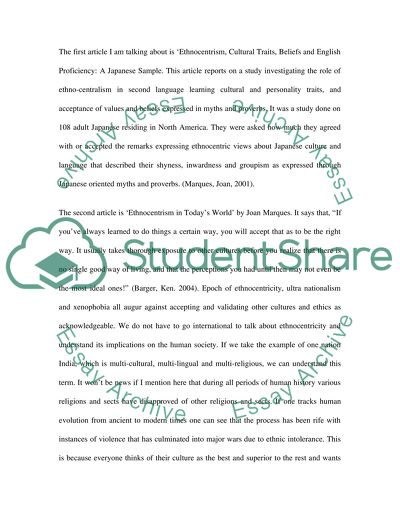Cite this document
(“Debate: Ethnocentrism Essay Example | Topics and Well Written Essays - 1500 words”, n.d.)
Debate: Ethnocentrism Essay Example | Topics and Well Written Essays - 1500 words. Retrieved from https://studentshare.org/education/1541065-ethnocentrism
Debate: Ethnocentrism Essay Example | Topics and Well Written Essays - 1500 words. Retrieved from https://studentshare.org/education/1541065-ethnocentrism
(Debate: Ethnocentrism Essay Example | Topics and Well Written Essays - 1500 Words)
Debate: Ethnocentrism Essay Example | Topics and Well Written Essays - 1500 Words. https://studentshare.org/education/1541065-ethnocentrism.
Debate: Ethnocentrism Essay Example | Topics and Well Written Essays - 1500 Words. https://studentshare.org/education/1541065-ethnocentrism.
“Debate: Ethnocentrism Essay Example | Topics and Well Written Essays - 1500 Words”, n.d. https://studentshare.org/education/1541065-ethnocentrism.


